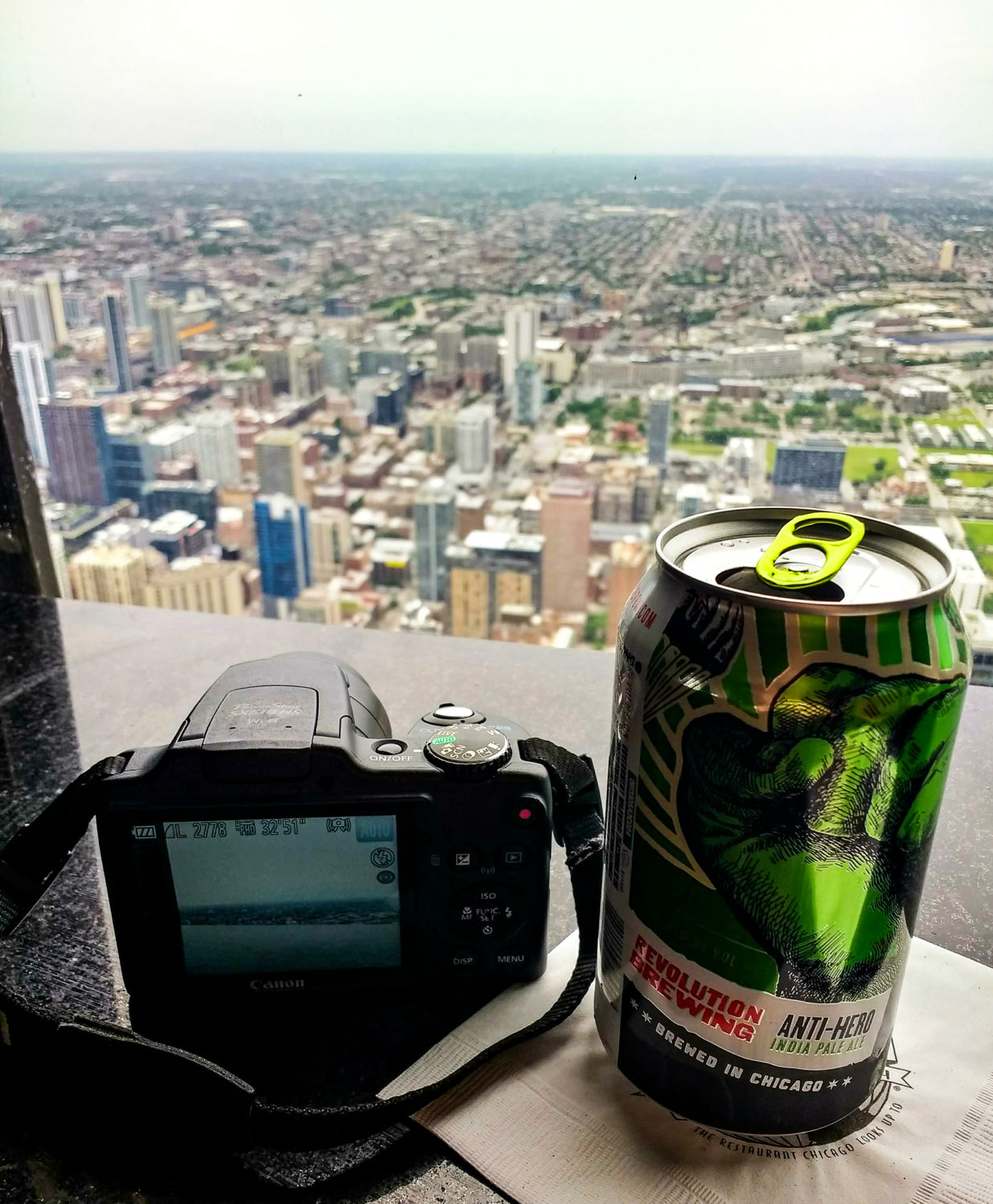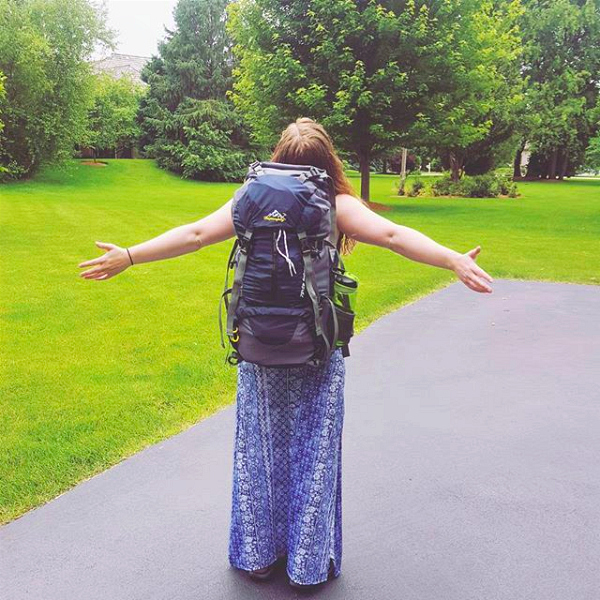Before I set off on my first solo trip, I was super excited about getting out to explore the world, but I was definitely a little worried about doing it on my own. Even more so, while my family was generally supportive of me wandering around Europe on my own for three months, they were a little more nervous about the types of places I’d be staying.
At this point, I’ve spent about eight months of the last two years living in hostels and have definitely seen the good, the bad, and the ugly side of hostel life. If you’re planning your first trip, here’s what to look out for in order to pick a hostel and have a good experience:
Pay attention to the hostel’s ‘ambience’ and ‘safety’ ratings.
The vibe of the hostel is important, especially when you’re traveling on your own. Try to look for places with nice common areas or bars, so you have a space to meet other travelers. Hostels that organize group events or have community breakfasts or dinners are great because it’s a built-in way to meet other people and create a group of people to go out adventuring with.
If you can, try to avoid properties that are half hostel, half hotel. These places cater more to families and business travelers, and the vibe is much different than that of a property that caters specifically to the young, backpacker crowd. These places are typically much less social, which can make for a lonely stay if there aren’t any people around for you to mingle with.
Also, this is pretty self-explanatory, but check out the safety ratings. This will cover things like whether the property is located in a good part of town, whether there’s a secure place to lock your belongings inside your room, if the keys and locks work, or if the building and surrounding area well-lit, or whether there are people hanging around the property who aren’t guests of the hostel, etc.

Pick a hostel that is close to the attractions and has a 24-hour reception.
If you know you’re going to want to go out at night, look for a place closer to the city’s nightlife so you don’t have to travel as far in the dark in the event that you end up having to be out alone. You can minimize your time spent on public transit doing so, and you won’t have to take as many cabs (so you can avoid being ripped off) and you won’t have as far to walk if that’s something you’re concerned about. Obviously, use your judgement and take the same precautions you would at home, and you’ll be fine.
24-hour reception is important if you know you’ll be arriving late. You don’t want to show up after the reception has closed and not be able to check in. Also, if there’s an emergency and you need something in the middle of the night, the hostel reception is going to be your first point of contact because they know the area and how to get you the services that you need (like pointing you to the hospital where you’re more likely to find English-speaking doctors at 4am).

Female-only dorms (maybe).
I have mixed feelings about staying in female dorms because I’ve had good and bad experiences with both (big surprise: people suck regardless of gender). You never know who you’re going to get as roommates, and my good experiences have by far outweighed the bad. The only difference is that so far, I haven’t (yet, thankfully) been fearful for my safety in a female dorm. I have two big pieces of advice on this one:
1. Read the reviews carefully.
If the reviews give you a sense that the hostel only really cares about their bottom line and just wants to fill beds, it might not be somewhere you want to stay, for a variety of reasons, but if it’s the only option available, you may want to consider booking a female-only dorm. You might just end up in a 12-bed dorm with an 11-person stag party, who stumbled back in at 4am and didn’t realize that they do not actually have the room to themselves (first the obnoxious drunkenness, then the snoring, yikes). Needless to say, I dragged my blanket downstairs to sleep in the bar, checked out as soon as I could, and left the property a delightful review for 1. letting that happen to me in the first place, and 2. not informing me or giving me another choice of room.
2. Pay attention to whether or not you’ll be traveling in peak season.
If there’s an issue with your roommates, the hostel will likely let you change rooms if they have the space available, although they might charge you a fee (worth it for the peace of mind if you’re the only woman in the room with some creeper neighbors). If it’s fully booked, you might be out of luck (hopefully they’ll help sort you out but it’s possible they may not).


Read the reviews, but use your judgment.
You can generally get a good sense of the place from what previous guests have written, and how many people have left reviews. Keep in mind that the quality of reviews may vary from place to place, so always take them with a grain of salt. For example, a lot of people who don’t typically stay in hostels travel to places like Amsterdam to party, but then complain about things like the fact that a 200-year old building doesn’t have an elevator and you had to walk up four flights of stairs with a heavy suitcase.
If you’re traveling solo, I’d always advocate for staying in hostels, because they’re great for so many reasons. If it’s your first time and you’re nervous, just be careful and deliberate with when you pick a hostel and, above all, use your best judgment and you’ll be sure to end up having a wonderful trip (or at the very least come out with a lot of interesting stories).
Suggested next reading: Why I Travel Alone (And Why You Should Too)

